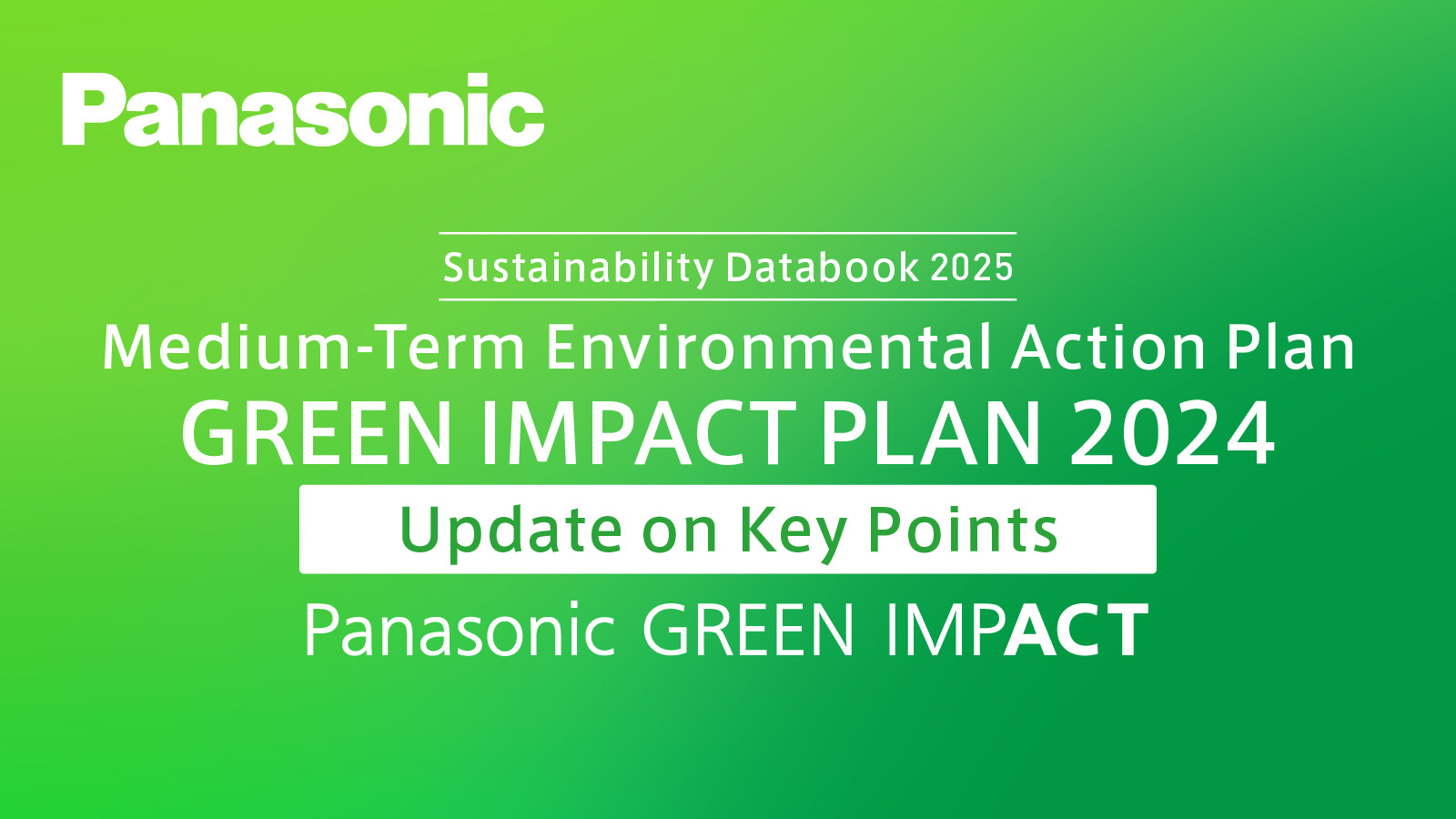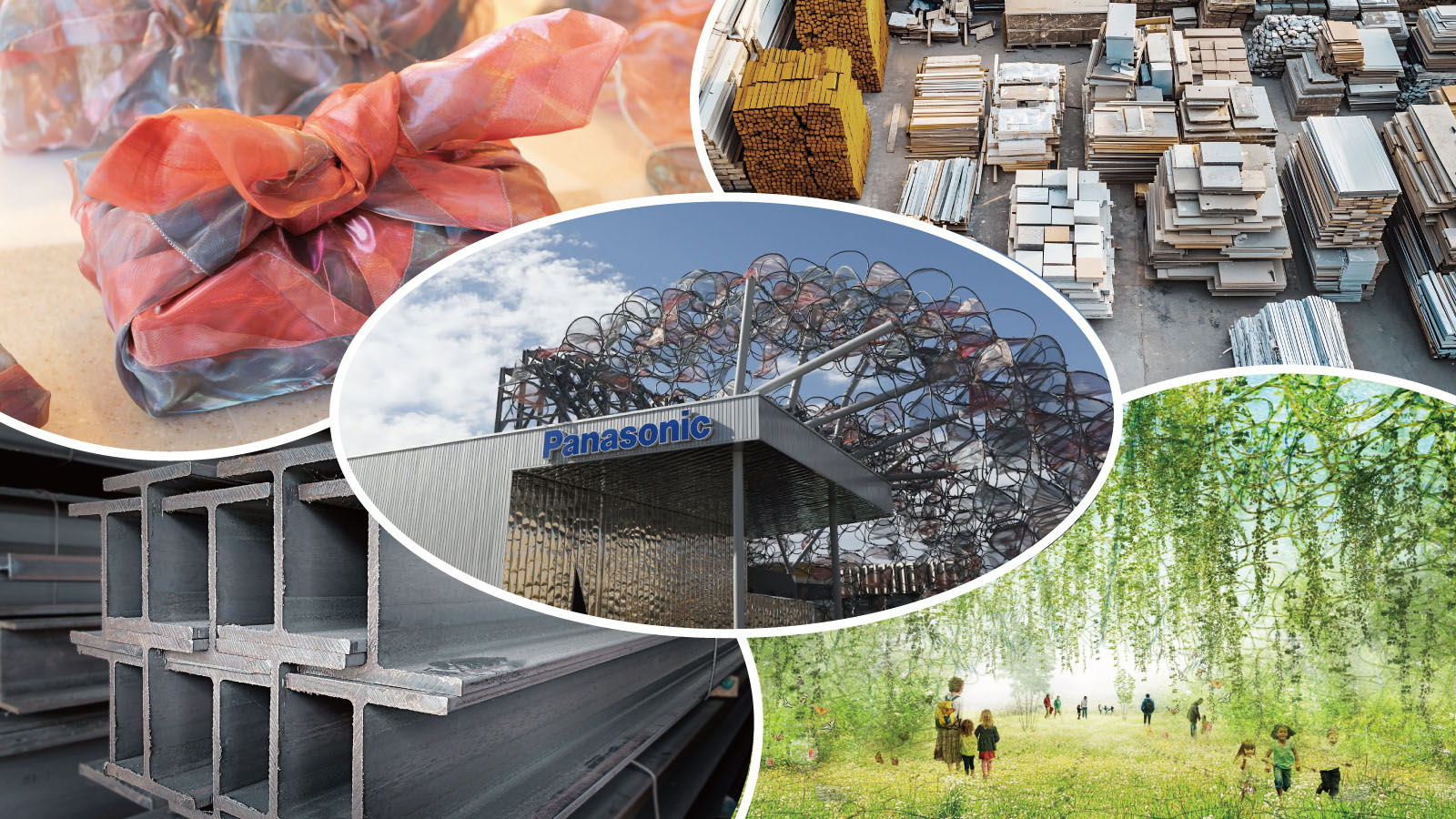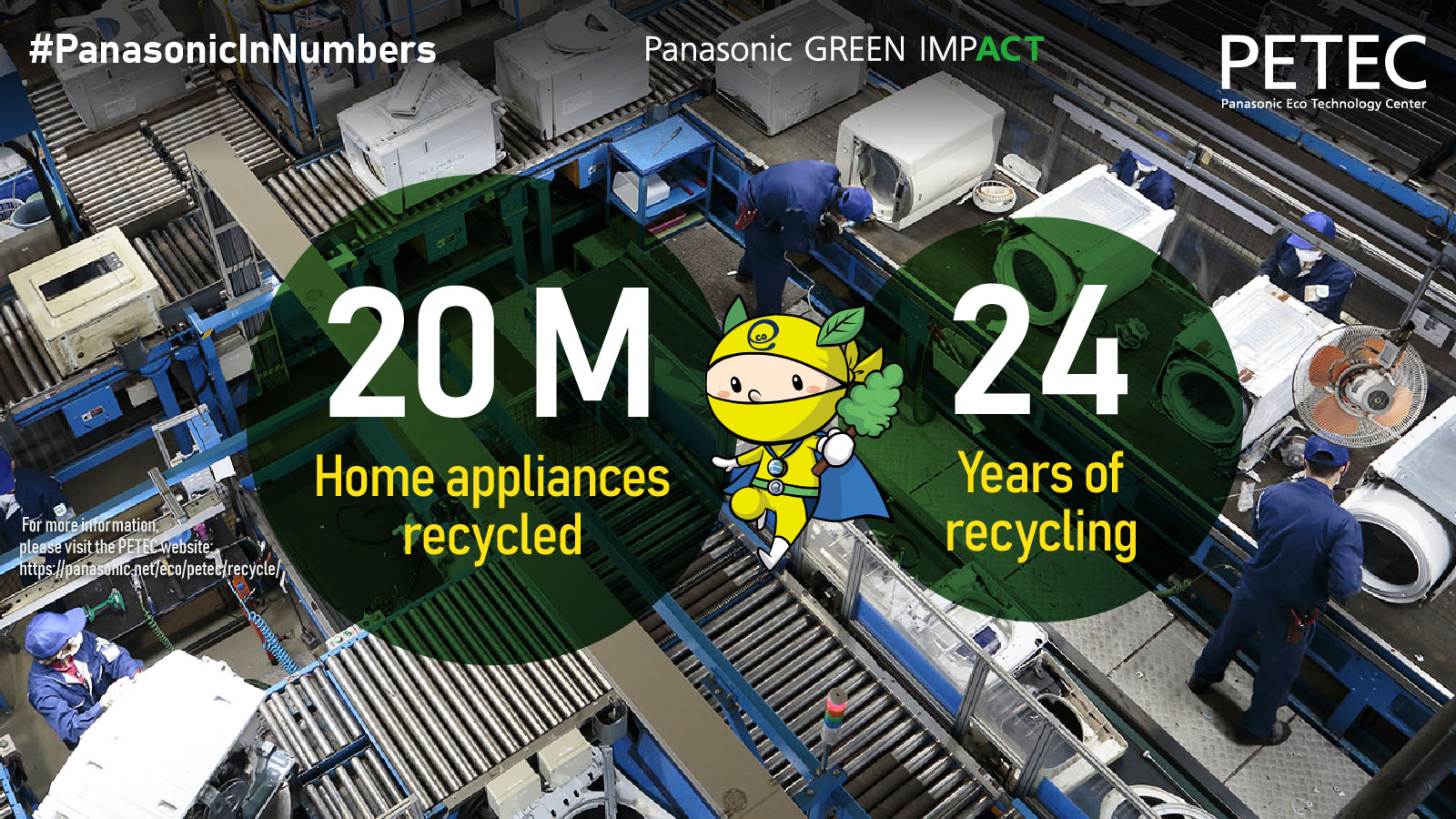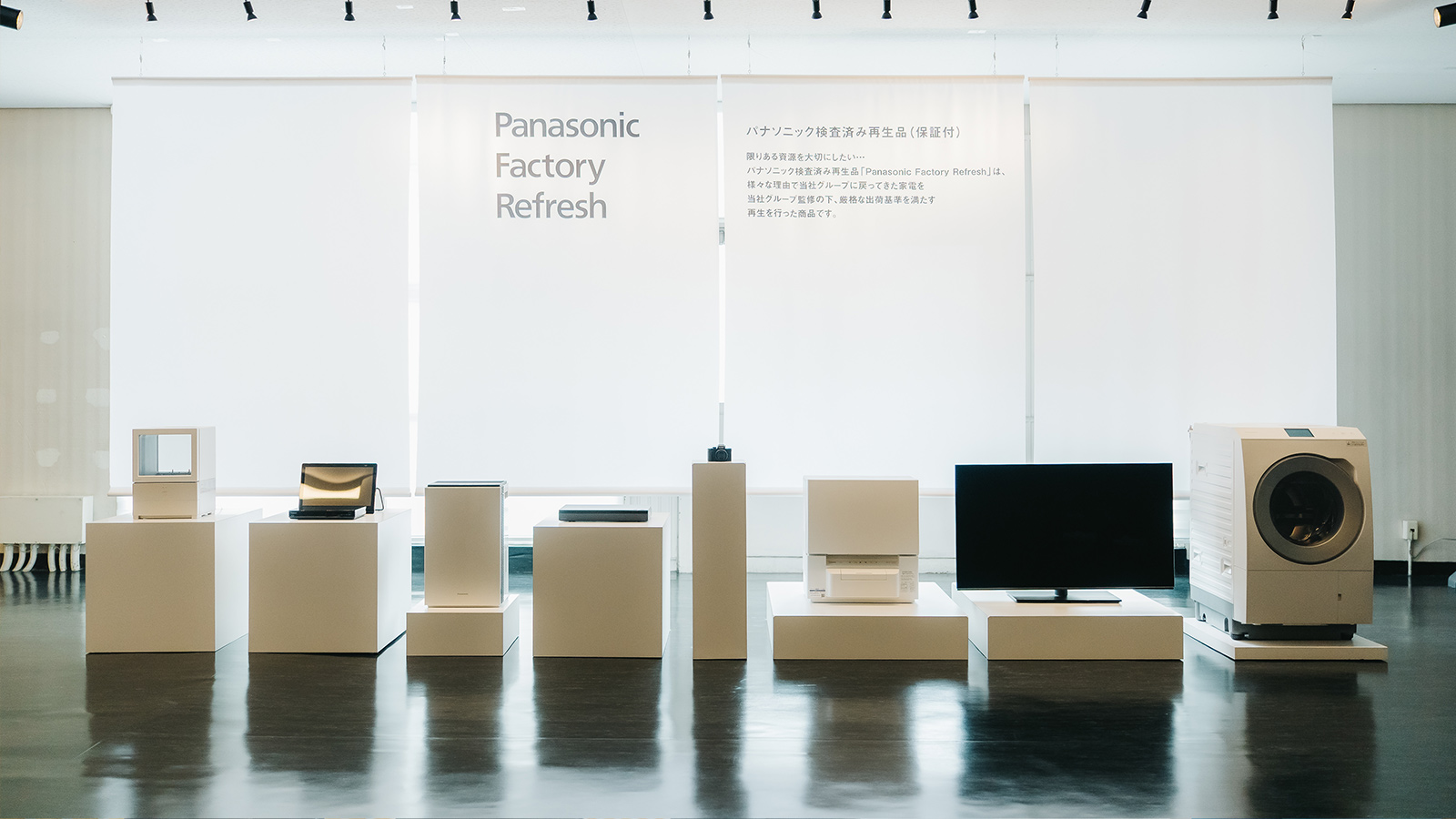For example, Panasonic Holdings Corporation has been taking part in the global rule-making effort led by the World Business Council for Sustainable Development (WBCSD) and other leading global companies, academics, and technical experts. As one of the key milestones of this effort, in March 2023, the WBCSD developed and published its “Guidance on Avoided Emissions,” with key guidance about making credible avoided emissions claims.
Panasonic Holdings Corporation is also among the six leading companies participating in the GX League, a 73-member forum for dialog between business, government, and academia that seeks to leverage Japan’s goal of achieving carbon neutrality by 2050 to promote economic growth. The GX Business Working Group (GXBWG) was established to promote rule-making activities to create new business opportunities for Green Transformation, and in March 2023, GXBWG published its “Guidance on Avoided Emissions,” which summarizes the basic concepts for companies and financial institutions to use when disclosing and evaluating climate-related opportunities.
Applying the guidelines published by the WBCSD and GX League, Panasonic disclosed sample avoided emissions calculations for six key business areas in the latest Sustainability Data Book. (Refer to pages 15–20 in Sustainability Data Book 2023 for the sample calculations for key products/businesses)
In addition to our activities to advance standardization, Panasonic also took part in a number of international events during FY2023 to further promote the avoided emissions concept; these events included the Global Green Transformation Conference, International Capital Market Association (ICMA), 2022 United Nations Climate Change Conference COP 27, and Consumer Electronics Show (CES) 2023.
As a result of these efforts to deepen understanding of the significance of this concept, consensus was reached on the “importance of achieving decarbonization along with economic development by implementing the concept of Avoided Emissions” at the COP27 Japan Pavilion seminar held in November 2022. Finally, at the G7 Minister’s Meeting on Climate, Energy and Environment in Sapporo held in April 2023, G7 ministers agreed in a joint statement that “there is value in acknowledging avoided emissions.”
















